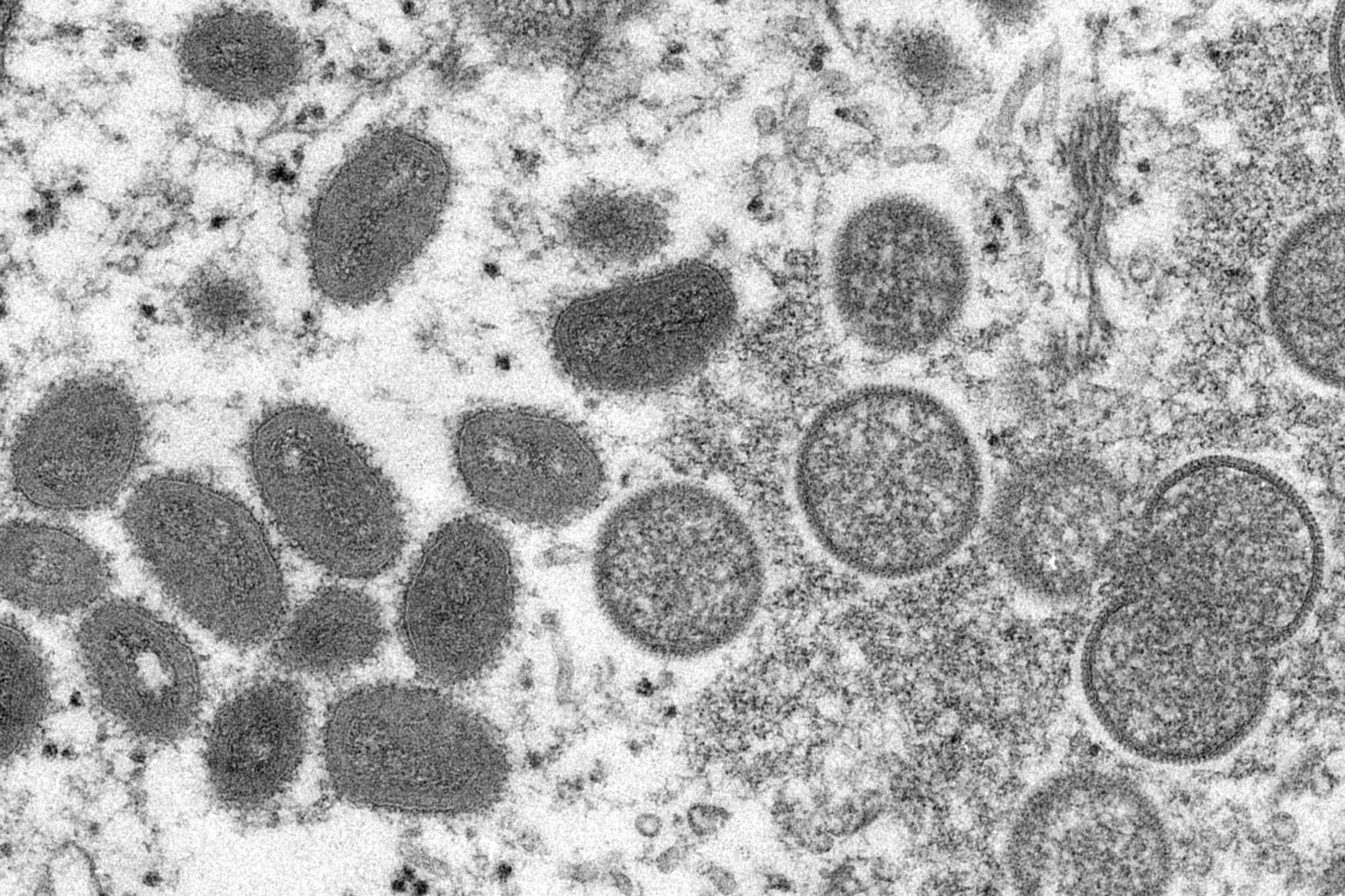Two more cases of monkeypox detected in Scotland
The two individuals recently travelled abroad and both are now receiving treatment for the condition.

Your support helps us to tell the story
From reproductive rights to climate change to Big Tech, The Independent is on the ground when the story is developing. Whether it's investigating the financials of Elon Musk's pro-Trump PAC or producing our latest documentary, 'The A Word', which shines a light on the American women fighting for reproductive rights, we know how important it is to parse out the facts from the messaging.
At such a critical moment in US history, we need reporters on the ground. Your donation allows us to keep sending journalists to speak to both sides of the story.
The Independent is trusted by Americans across the entire political spectrum. And unlike many other quality news outlets, we choose not to lock Americans out of our reporting and analysis with paywalls. We believe quality journalism should be available to everyone, paid for by those who can afford it.
Your support makes all the difference.Two more cases of monkeypox have been identified in Scotland, public health officials have confirmed.
It means three cases in total have now been found in Scotland, with the two identified on Thursday involving people who have recently travelled abroad.
Public Health Scotland has confirmed the individuals are now receiving care and treatment and close contacts are being identified and provided with health information and vaccines where appropriate.
Dr Nick Phin, director of public health science and medical director at Public Health Scotland, said the risk to the public is low.
He added: “Public Health Scotland (PHS) is working with NHS boards and wider partners in Scotland and the UK to investigate the source of these infections.
“We have well-established and robust infection control procedures for dealing with such cases of infectious disease and these are being strictly followed.
“Anyone with an unusual blister-like rash or small number of blister-like sores on any part of their body, including their genital area, should avoid close contact with others and seek medical advice if they have any concerns.”
The virus is usually found in west and central Africa.
Symptoms are generally mild and the illness is spread through close contact with someone already infected.
Most people recover within a few weeks.
Public Health Scotland said it will continue to work with the UK Health Security Agency to treat emerging cases.